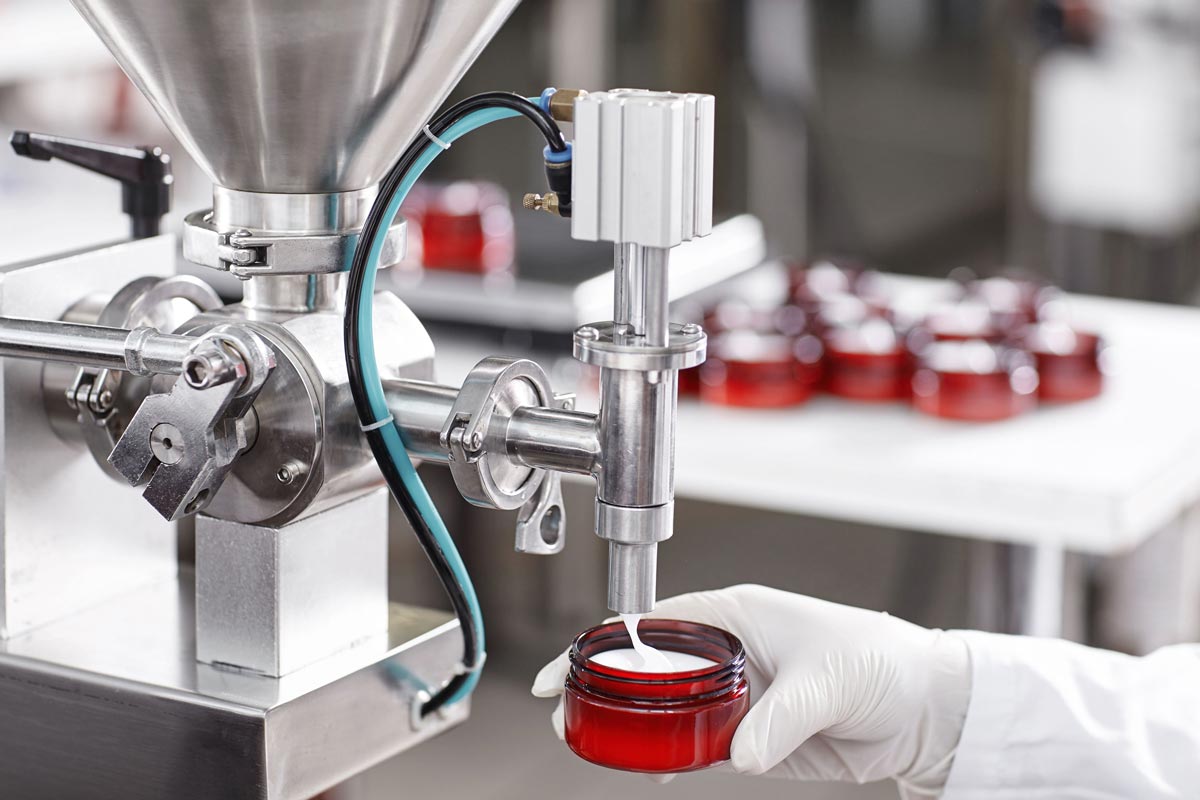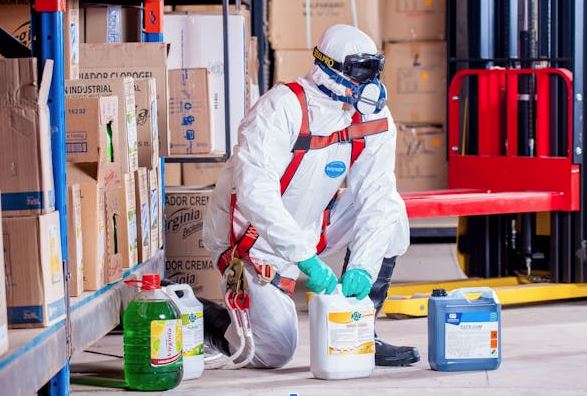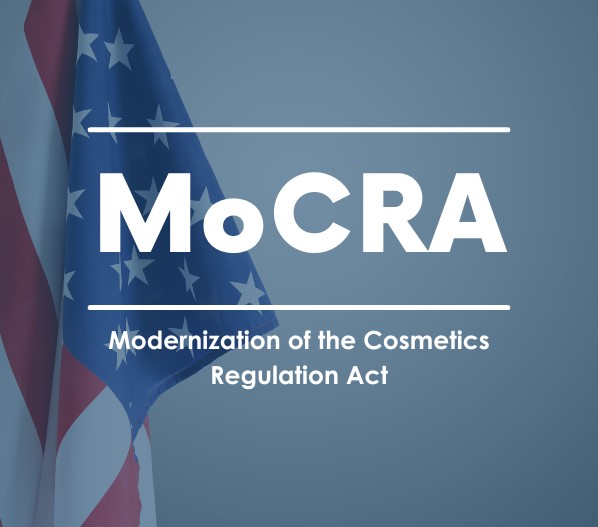In the evolving landscape of the contract manufacturing industry, regulatory shifts are crucial for companies to stay compliant and competitive. One of the latest developments in this realm is the Modernization of Cosmetics Regulation Act (MoCRA), a landmark piece of legislation that introduces significant changes to how cosmetics and personal care products are regulated in the United States. Here’s a breakdown of what MoCRA entails and the key changes it will bring to your contract manufacturer.

MoCRA, signed into law as part of the Consolidated Appropriations Act of 2023, represents the first major overhaul of the Federal Food, Drug, and Cosmetic Act (FDCA) concerning cosmetics in over 80 years. Its main objective is to modernize the regulatory framework governing cosmetic products, ensuring greater consumer safety and industry transparency.

Under MoCRA, cosmetic manufacturers are now required to provide more comprehensive safety data for their products. This includes detailed information on ingredient safety and any potential adverse effects. Contract manufacturers must be prepared to collaborate closely with cosmetic brands to gather and report this data, ensuring that all products meet the new safety standards.
MoCRA mandates that cosmetic manufacturers, including contract manufacturers, register their facilities with the FDA. This is a significant shift from previous regulations where registration was not required. Additionally, manufacturers must list their products with the FDA, providing details such as product formulations and labels. This increased transparency aims to enhance the FDA’s ability to monitor and respond to safety issues promptly.
The new legislation requires manufacturers to report serious adverse events associated with their products to the FDA. This includes events that result in hospitalization, significant injury, or death. Contract manufacturers will need to establish robust systems to track and report these events, ensuring timely communication with the FDA and necessary actions to mitigate risks.
MoCRA introduces new GMP requirements tailored specifically for the cosmetics industry. These standards are designed to ensure that cosmetic products are produced consistently and meet quality expectations. Contract manufacturers will need to adapt their processes and facilities to comply with these updated GMP standards, which could involve investing in new equipment or revising internal procedures.

The Act strengthens labeling requirements, demanding more accurate and informative product labels. Claims made on product labels must be substantiated with evidence, and misleading claims are subject to regulatory scrutiny. Contract manufacturers will need to work closely with cosmetic brands to ensure that all product labels are compliant with the new regulations.
MoCRA grants the FDA increased authority to conduct inspections of cosmetic manufacturing facilities. This includes both routine and for-cause inspections to ensure compliance with the new regulations. Contract manufacturers should prepare for more frequent and detailed inspections, which will focus on adherence to safety, labeling, and GMP requirements.

For contract manufacturers, adapting to MoCRA involves several key steps:
MoCRA represents a significant shift in cosmetic regulation, emphasizing safety, transparency, and quality. Contract manufacturers must navigate these changes carefully to ensure compliance and maintain their competitive edge in the industry. Addressing these new requirements, manufacturers can not only avoid regulatory pitfalls but also contribute to the overall safety and integrity of the cosmetic products they help create.
